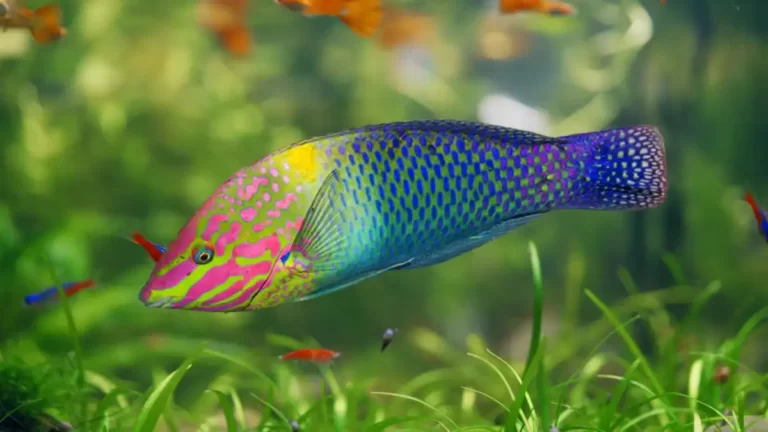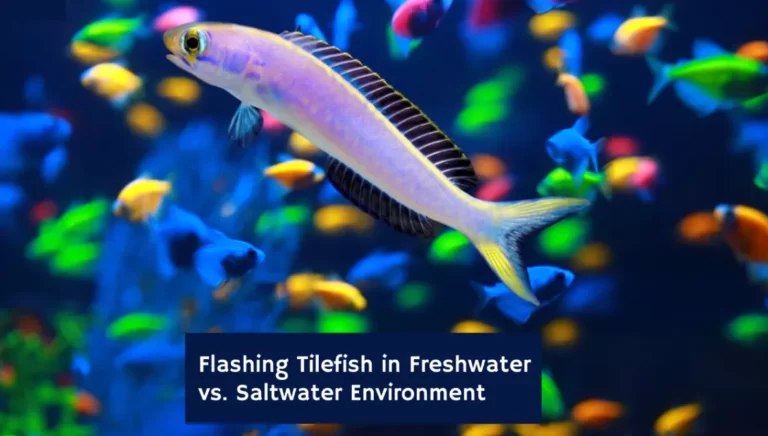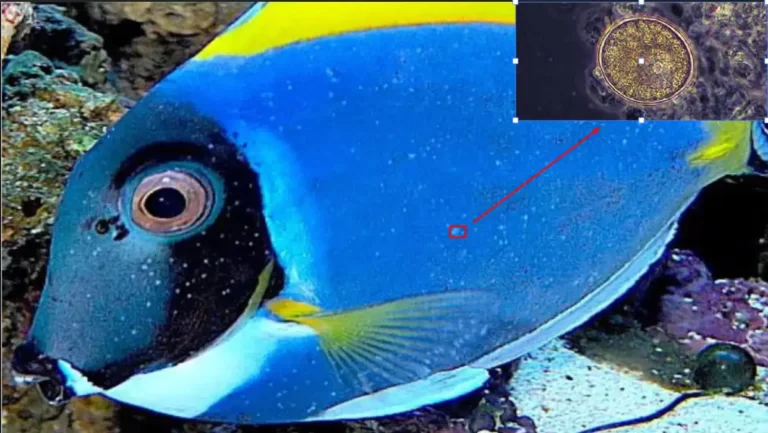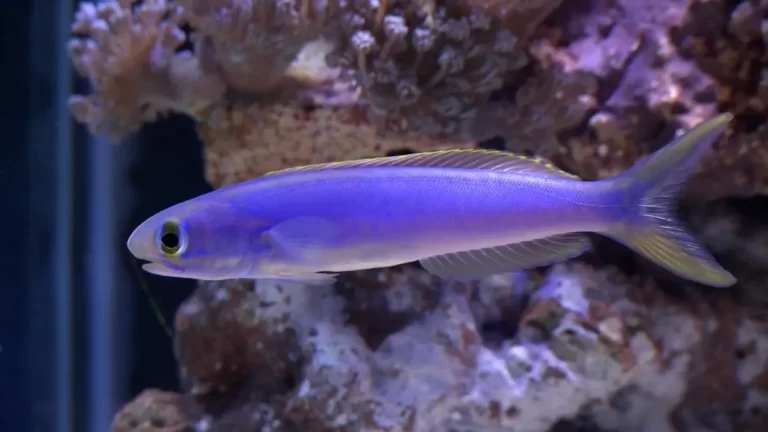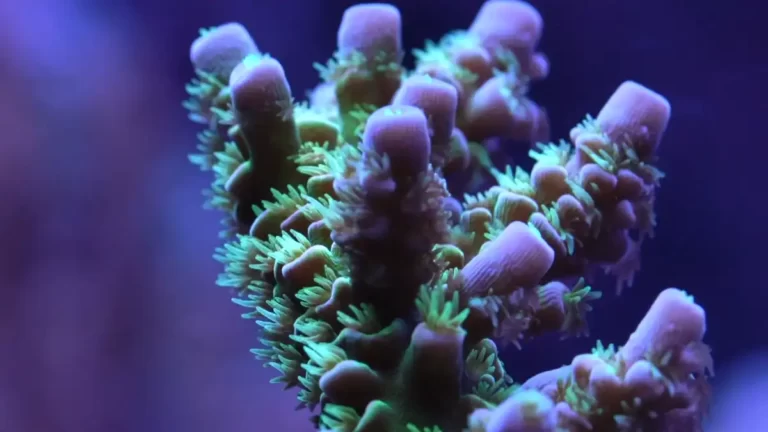Can Too Much Aquarium Salt Kill Fish
While there won’t be any vampire-fighting incantations involved, we will be delving into the potential pitfalls of over-salting your aquatic haven. So, gather your water testing kits, because we’re about to navigate the depths of this important fishkeeping topic!
Step into the realm of aquarium insights where the talk turns to salt – not the mystical kind, but the kind that affects our aquatic companions. As conscientious stewards of underwater harmony, we’re always seeking what’s best for our finned friends.
Today, we’re shining the spotlight on a pivotal query – can an excess of aquarium salt put our cherished fish at risk?
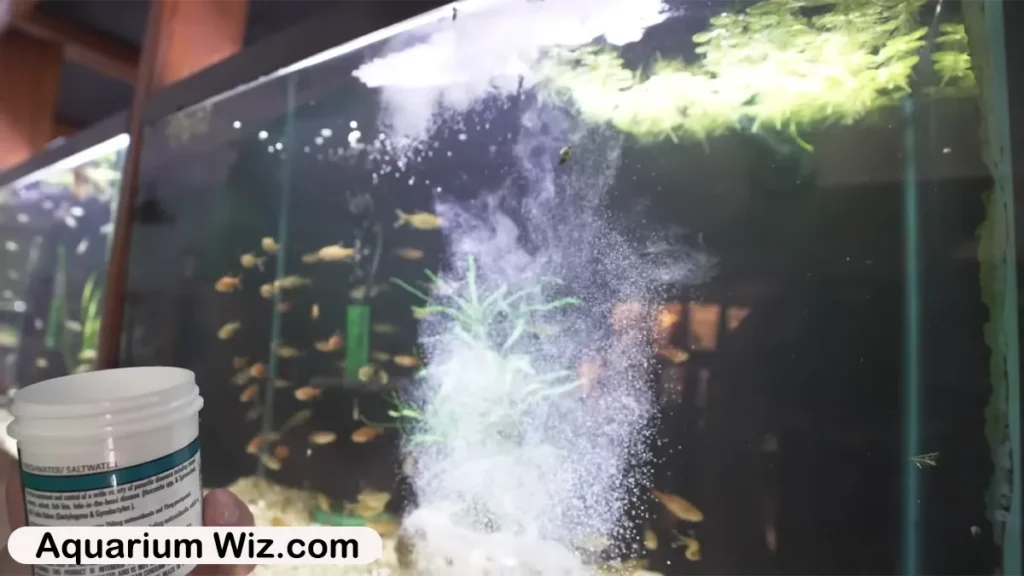
Can Too Much Aquarium Salt Kill Fish?
Okay, so let’s get real here. We all know salt adds a little flavor to life, but can excessive aquarium salt be too much of a good thing for our fishy friends? I’m here to guide you through the potential dangers and the effects of over-salting on our finned companions.
Over-Salting and Fish Health: Related Questions
Before we dive deeper, let’s take a moment to understand the role of aquarium salt and how it can impact our fishy buddies’ well-being. From disease prevention to potential physiological effects, we’ll cover it all.
The Role of Aquarium Salt
I promise this isn’t just a pinch of salt! We’ll explore the benefits of using aquarium salt appropriately. When used correctly, it can help prevent certain fish diseases and promote overall fish health.
The Impact of Excessive Salt Levels
Too much salt can lead to a few fishy problems. We’ll examine how high salt concentrations can affect our fish’s physiology and the organs and systems that might be at risk.
Safe Salt Usage in the Aquarium
No need to go salt-crazy! To keep our aquarium salt usage in check, we’ll delve into some guidelines and tips to ensure our fish stay swimmingly happy.
Proper Salinity Levels for Different Fish
Not all fish enjoy the same level of salinity. I’ll provide you with specific salinity guidelines for various types of freshwater and marine fish. Each species has its own requirements based on their natural habitat.
Gradual Salt Introduction
Slow and steady wins the race! We’ll talk about the importance of gradually acclimating fish to increased salinity. I’ve got a step-by-step guide to safely incorporating aquarium salt into the tank.
Read Also: Who Makes Seapora Aquariums: A Comprehensive Guide
Detecting and Addressing Salt Toxicity
Now, we need to keep a close eye on things. I’ll show you how to recognize the symptoms of salt toxicity in fish and what to do if you suspect any issues.
Recognizing Symptoms of Salt Toxicity
Fish might not be able to tell us they’re feeling a little salty, but they can show signs of salt poisoning. I’ll help you identify common indicators of salt toxicity and the importance of taking swift action if it occurs.
Addressing Over-Salted Tank Conditions
Time to restore balance! We’ll go through the steps of reducing salt levels in the aquarium and performing partial water changes to bring back the proper salinity.
Frequently Asked Questions FAQs
Can using too much aquarium salt harm my fish?
Absolutely, excessive aquarium salt can indeed harm your fish. While a certain amount of salt can be beneficial for some species, over-salting can lead to imbalances in their osmoregulation, affecting their overall health and well-being.
How does excessive salt impact fish osmoregulation?
Osmoregulation is vital for fish to maintain the right balance of salts and fluids in their bodies. Too much salt in the water disrupts this balance, causing fish to lose water through their gills, leading to dehydration, stress, and potentially fatal health issues.
Can all fish tolerate the same level of salt?
No, different fish species have varying levels of salt tolerance. While some species like brackish or certain freshwater fish might benefit from a small amount of salt, others, like soft water fish, can be extremely sensitive to even minimal salt concentrations. It’s crucial to research the specific needs of your fish.
What are the visible signs of fish distress due to excessive salt?
Watch out for signs such as lethargy, increased breathing rates, clamped fins, and loss of appetite. If you notice any of these symptoms, it’s a red flag that your fish might be struggling with the salt concentration in the water.
Conclusion
And there you have it, folks – a deep dive into the risks of over-salting and how it can impact our fishy friends. As responsible fishkeepers, it’s up to us to strike the right balance in aquarium salt usage for the well-being of our aquatic pals. So, let’s keep our waters safe and thriving, and remember – with great fishkeeping comes great responsibility!
Read Also: Who Makes Top Fin Aquariums: A Comprehensive Guide

